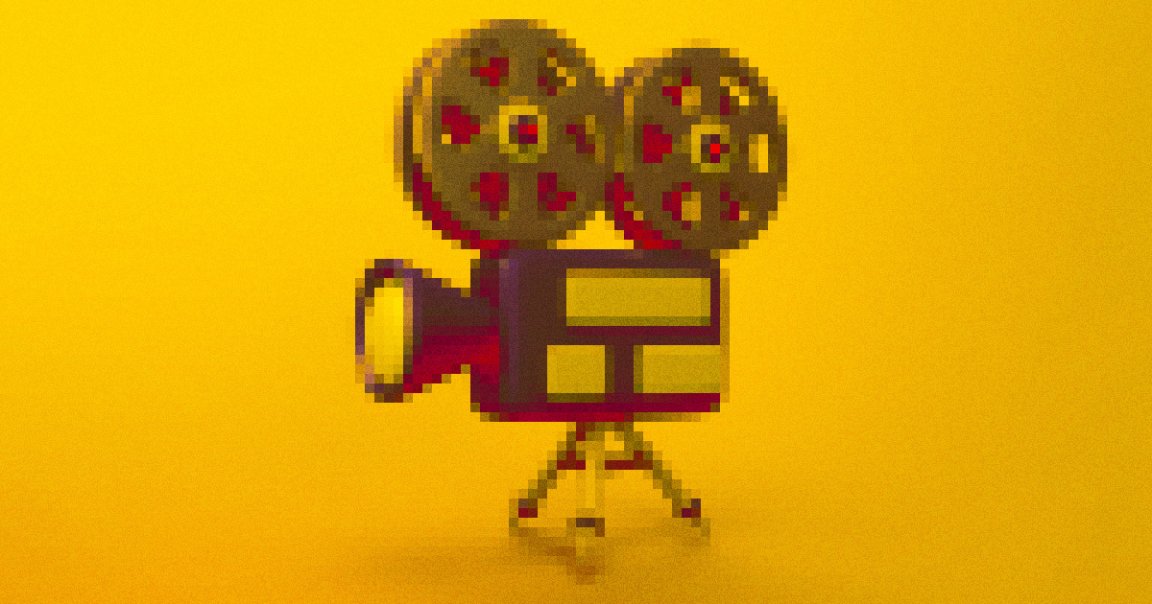
Fade In
The Writers Guild of America, a labor union representing film and TV writers, has proposed allowing the use of AIs like ChatGPT to help write screenplays, Variety reports — so long as humans get all the credit.
According to Variety, WGA’s proposal was discussed during ongoing negotiations with the Alliance of Motion Picture and Television Producers, the behemoth representative body of studios and production companies.
However, nothing is set in stone yet— and some are urging caution over this tentative info, which is emerging amidst the backdrop of a tense negotiation process.
“The WGA is in a media blackout during negotiations and anything you are reading in the trades, which directly depend on advertising from and access to the companies, is leaked from the companies,” tweeted John Rogers, a TV and film writer. “Take anything with a grain of salt.”
Writer’s Toolbox
Rather than completely banning AI, as some had hoped when it became clear that the guild was interested in regulating its usage last month, the alleged proposal would allow writers to use the technology without having to share residuals, the compensation a writer receives from a production.
If, for example, a studio exec hands an AI-generated script to a human writer to touch-up and edit, the writer would still get credit as the first author, meaning they’d get more residuals.
Essentially, the guild’s proposal would treat AI as a tool rather than an author, which could spare writers the headache of battling software companies over who gets how much credit.
If WGA has its way, AI-generated writing would not be considered “literary material” nor “source material.” The former describes what a writer actually puts to paper, while “source material” encompasses any media a screenplay is adapted from or based on.
Crucially, since an AI’s prose wouldn’t even qualify as “source material,” a human writer adapting it could still earn a lofty “written by” credit, entitling them to full residuals. Notably, as far as we know, the proposal does not address a screenplay completely written by an AI without human intervention.
The Full Picture
That being said, the proposal — and the negotiations at large — are being kept under wraps, so we don’t really know how much credence to lend this perspective, which could very well be what the monopolizing studios want you to hear, as some writers have warned in response to the news.
And given the rumblings of a writers’ strike on the horizon, undermining the WGA’s cohesion would play right into the hands of goliath studios.
Nevertheless, true or not, at some point or another the guild will have to address the use of AI. Taken at face value, these protections simply would not be enough, and likely wouldn’t prevent studios from trying to wholesale undercut the value of writers’ labor — not to mention the abhorrent plagiarism generative AIs are often guilty of that could pose thorny legal and ethical issues.
More on AI: Watch Out, Folks: AI Image Generators Can Do Hands Now